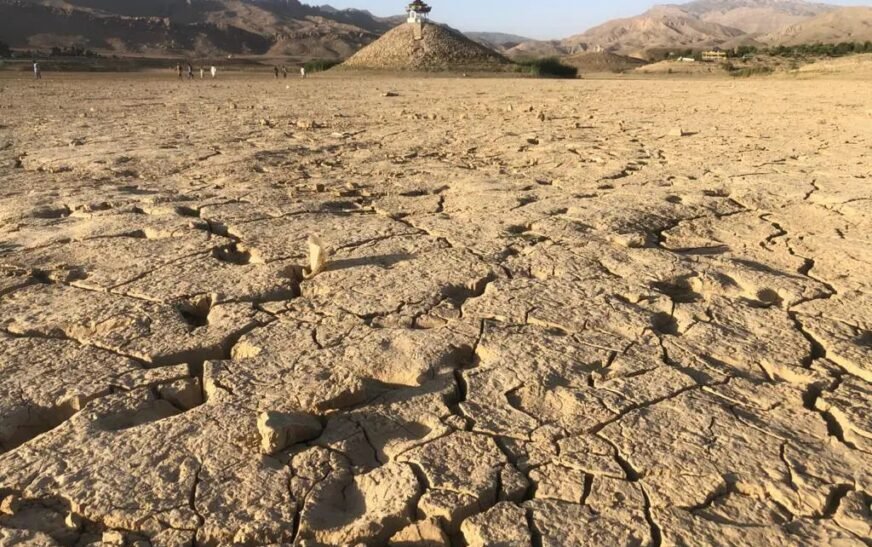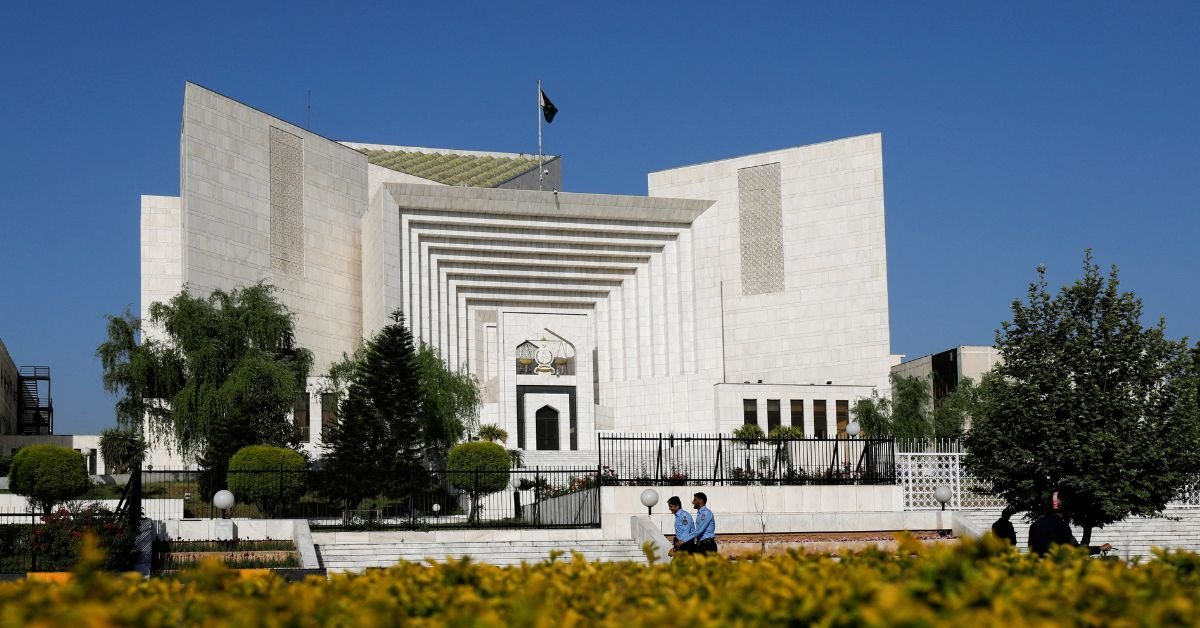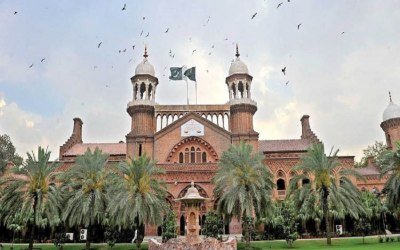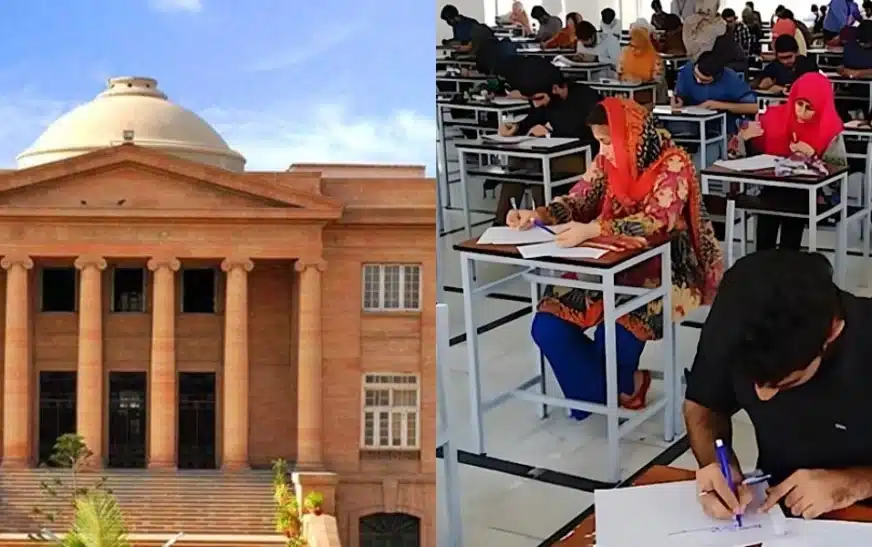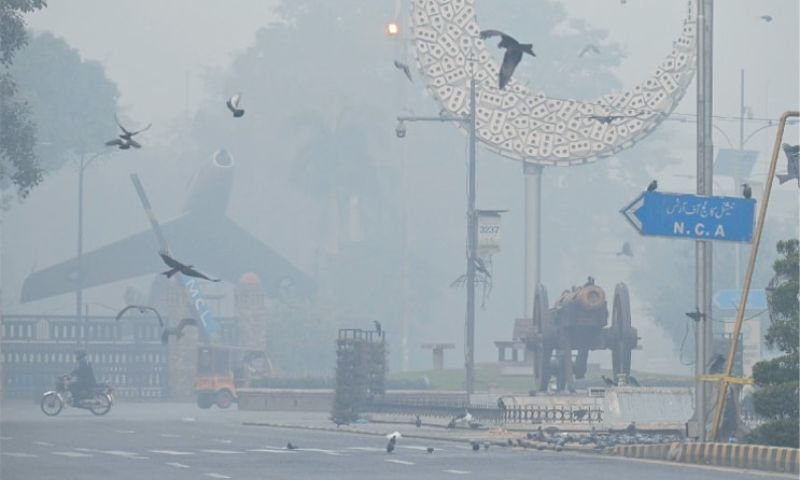Mehwish Qamas Khan
Quetta, the capital of Balochistan, is facing severe climate challenges that are dramatically altering the lives of its residents.
Once known for its moderate weather and ample water resources, the city is now grappling with the harsh realities of climate change. Rising temperatures, irregular rainfall patterns, and prolonged droughts are taking a toll on the region’s ecosystem, with water scarcity emerging as one of the most pressing issues.
Moreover, over the past few years, Quetta has seen a significant increase in temperatures, with the summer heat becoming more intense and prolonged. This extreme weather is not only uncomfortable for the residents but is also disrupting the agricultural sector, which depends on predictable weather patterns. Crops that were once easily grown in the region are now struggling to survive in the harsh, dry conditions. Farmers are facing reduced yields, impacting both their livelihoods and the city’s food supply.
Additionally, one of the most alarming consequences of climate change in Quetta is the depletion of groundwater resources. The city heavily relies on underground aquifers for its water supply, but these are rapidly diminishing due to over-extraction and a lack of rainfall to replenish them.
In addition, the water table is dropping at an alarming rate, with some reports indicating that the water level has sunk to critical depths. This scarcity is causing water shortages, forcing residents to rely on expensive and unreliable water deliveries.
Furthermore, the combination of higher temperatures and water scarcity is creating a crisis for Quetta’s growing population. Without urgent action to address these climate challenges, the city’s water crisis will only worsen, threatening the livelihoods and health of its people. Sustainable solutions are needed to adapt to these changing conditions and secure a stable future for Quetta.





